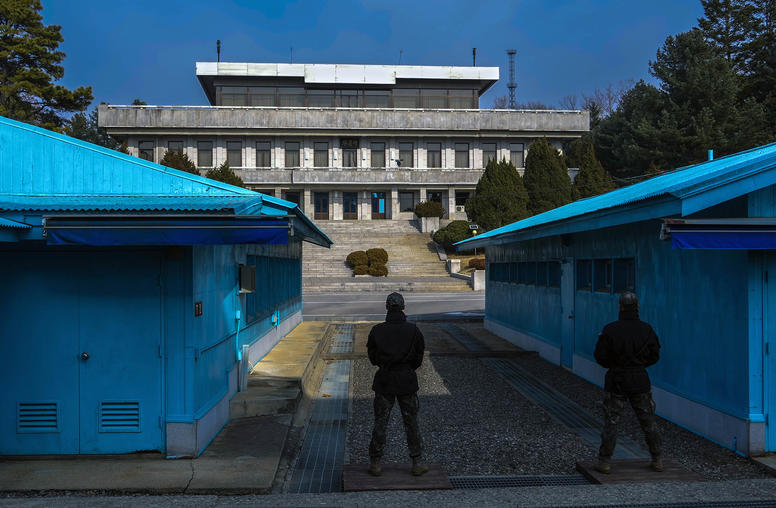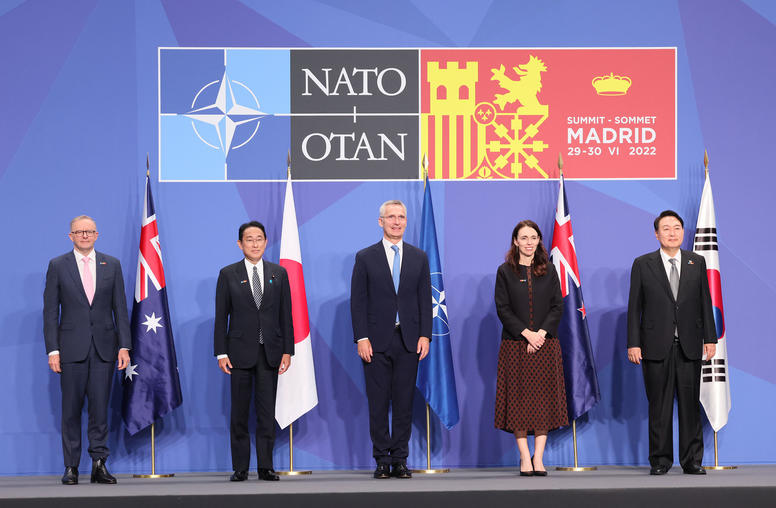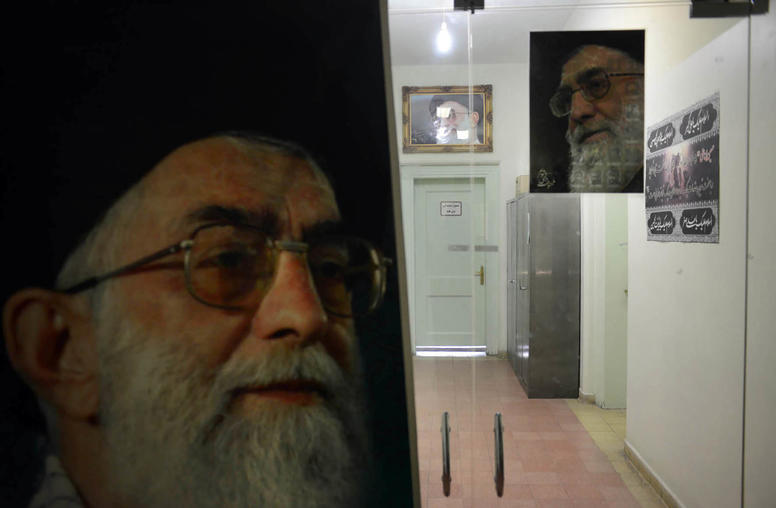Confronting the Truth: Truth Commissions and Societies in Transition
When bloodshed ends and peace agreements are signed, the past still remains. Confronting the Truth: Truth Commissions and Societies in Transition shows how countries that have experienced massive human rights violations have created official, independent bodies known as truth commissions, that help them move forward by acknowledging past atrocities.
Confronting the Truth presents archival and on-location footage from truth commissions in Peru, South Africa, East Timor, and Morocco, featuring interviews with Nobel Peace Prize winners Archbishop Desmond Tutu and Jose Ramos Horta. The film is a production of York Zimmerman Inc. in association with the United States Institute of Peace and the International Center on Nonviolent Conflict. Versions have been produced in English, Arabic, Kurdish, Bosnian, Nepali with Dari and Pashtu coming soon.
Admission to this event is free.
Speakers
- Steve York
Writer and Producer, York Zimmerman Inc. - Neil J. Kritz
Associate Vice President, Rule of Law Program, United States Institute of Peace - Marvin Kalb, Moderator
Edward R. Murrow Professor of Practice, Emeritus, and Senior Fellow at the Joan Shorenstein Center on the Press, Politics and Public Policy, Harvard University
Hosts
- The Honorable and Mrs. Richard H. Solomon
- The Honorable and Mrs. J. Robinson West
- Dr. and Mrs. Peter Ackerman
- The Board of Directors of USIP



